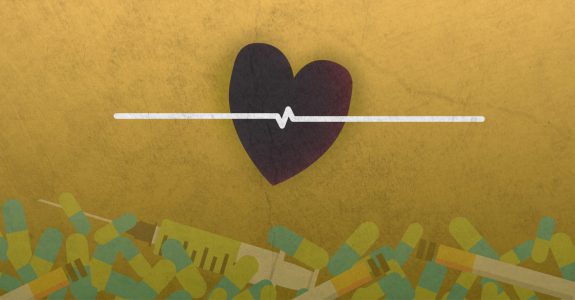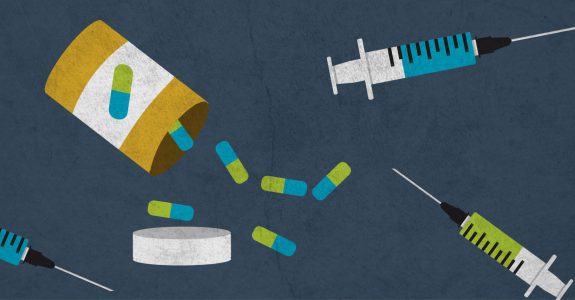Claire Fiddian-Green is the President & CEO of the Richard M. Fairbanks Foundation.
In 2016, Indiana had a four-year, non-waiver high school graduation rate of 82.4%, and an adjusted graduation rate of 89.1%. This means that more than 10% of students – or a total of 8,626 students in 2016 – did not complete high school in four years. While some of these students may eventually graduate in five or more years, some portion has simply dropped out of high school. Given that most jobs in the 21성 century economy require – at minimum – a high school diploma plus some form of post-secondary education or training, dropping out of high school is nothing less than a tragedy for those students and our state’s economy.
There are many factors that contribute to students dropping out of high school, including lack of academic proficiency in core subjects and chronic absenteeism from school. One factor may also be a student’s lack of engagement in a public high school model that has remained largely the same since it was first implemented in the early 20th century. XQ, the Super School Project, is an organization that has embarked upon a mission to encourage communities across the United States to rethink high school. As XQ frames it: “We’ve gone from the Model T to the Tesla and from the switchboard to the smartphone. Yet high school has remained frozen in time… America needs a new way of learning… [and] the next generation must learn to adapt in a changing world.”
Last September, XQ announced 10 winners out of an applicant pool of 700 from across the country. Each winner received a $10 million grant to help them implement a new kind of high school. Earlier this week, the XQ team was in Indianapolis as part of its Super School bus tour. One of its primary stops was a visit with the 퍼듀 폴리테크닉 고등학교 (PPHS), a brand new charter high school that opens next week in Indianapolis. PPHS plans to reinvent the high school experience by offering a competency-based, hands-on learning experience for its students with an emphasis on Science, Technology, Engineering & Math (STEM) knowledge and skills. The Richard M. Fairbanks Foundation awarded a $1.25 million grant to PPHS in March of this year to help support the successful start-up of the school. Yesterday, we were thrilled to learn that XQ has awarded a $2.5 million grant to PPHS to further ensure the successful implementation of its model.
Addressing the dropout challenge in Indiana requires a multi-pronged effort. It is very encouraging to see community leaders like Scott Bess, Head of School for PPHS, Shatoya Jordan, Principal of PPHS Indianapolis, and Dr. Gary Bertoline, Dean of the Purdue Polytechnic Institute, with the full support of Purdue University President Mitch Daniels, take a bold new approach to high school education and offer a positive solution for Indianapolis students.



